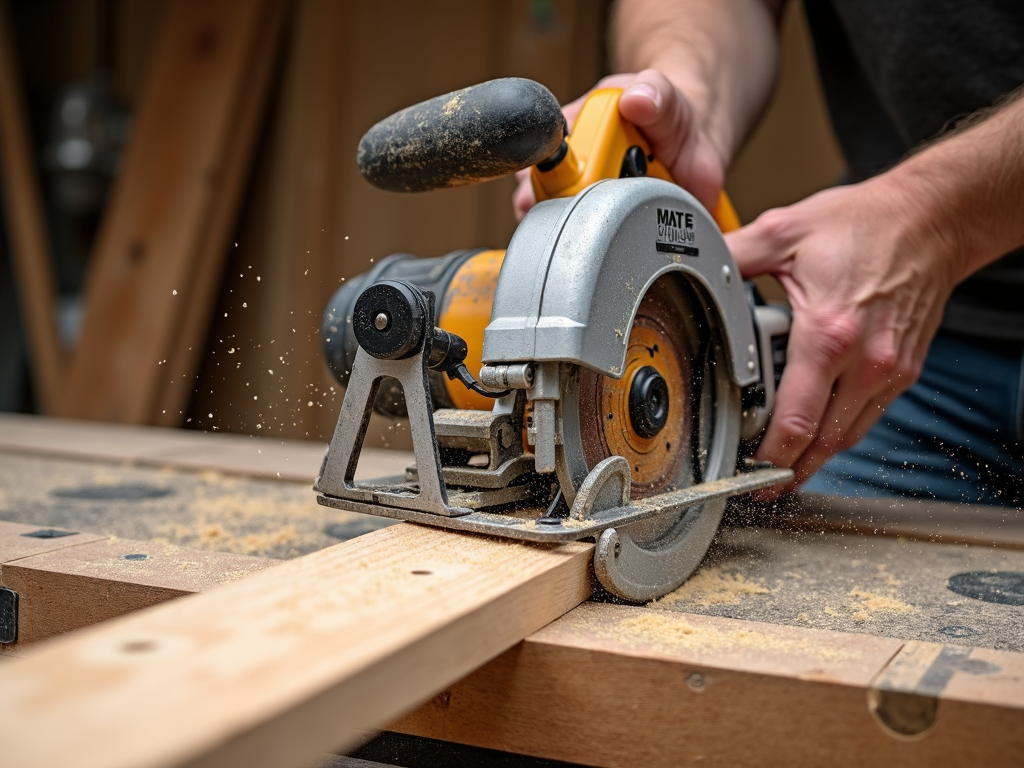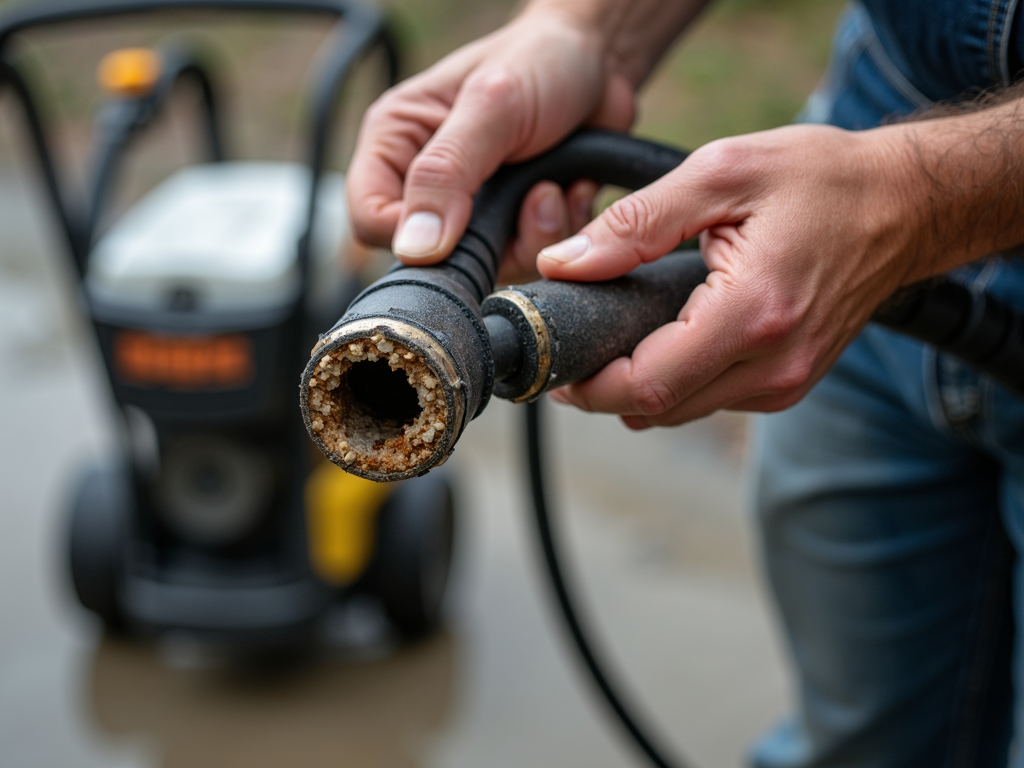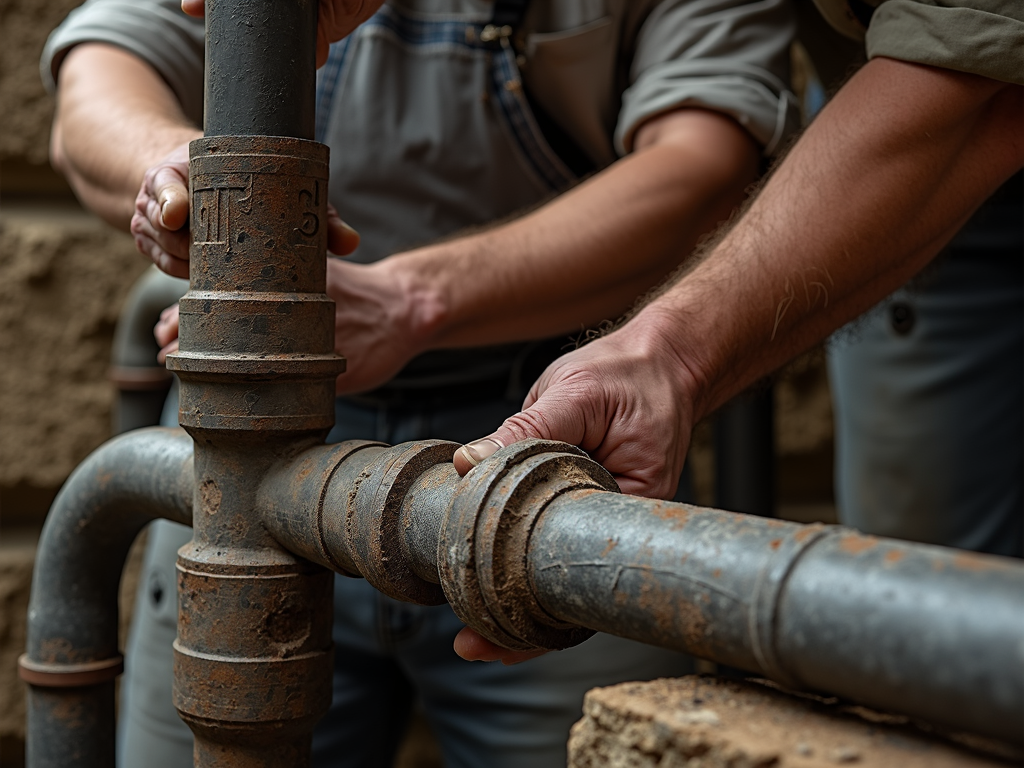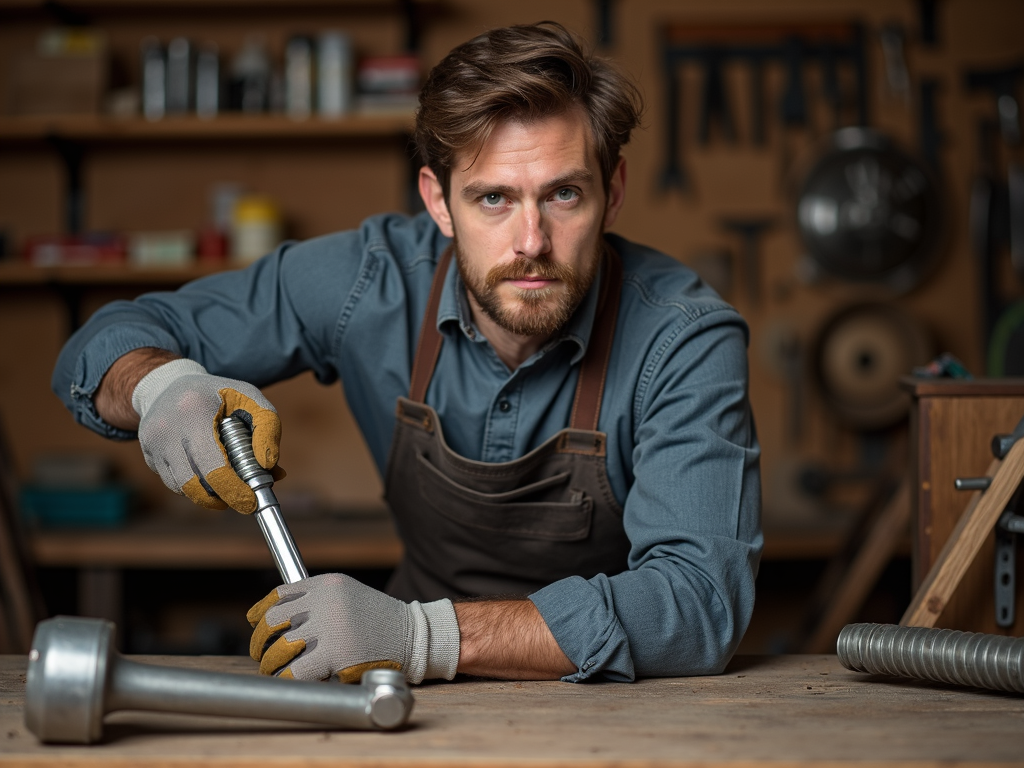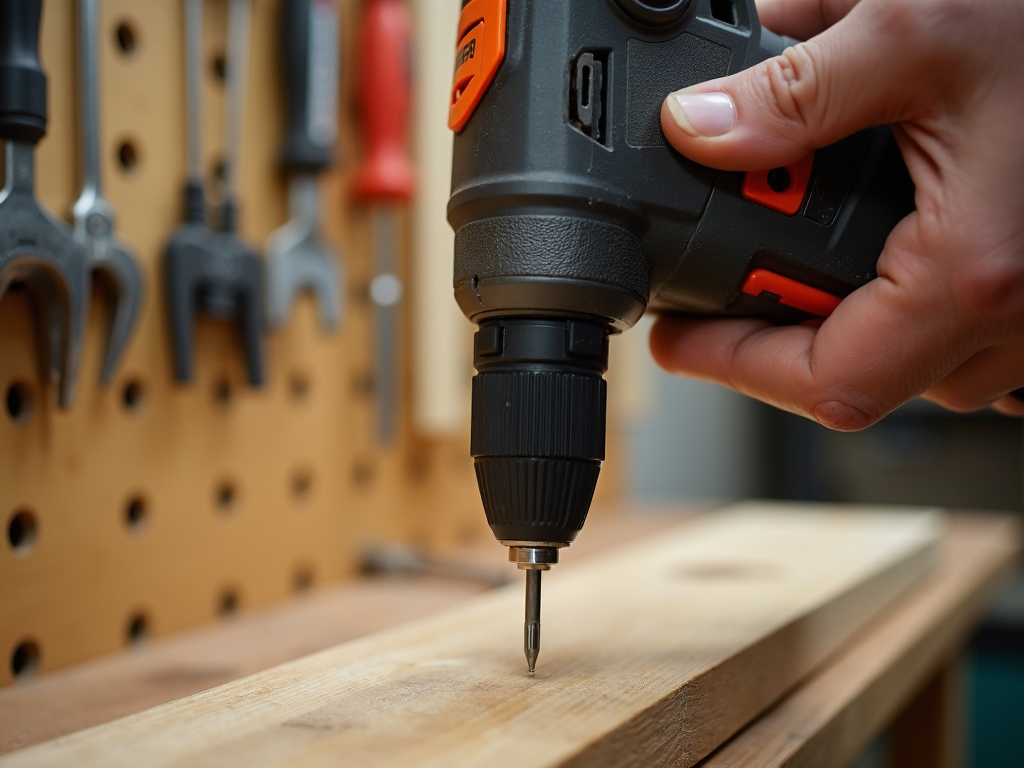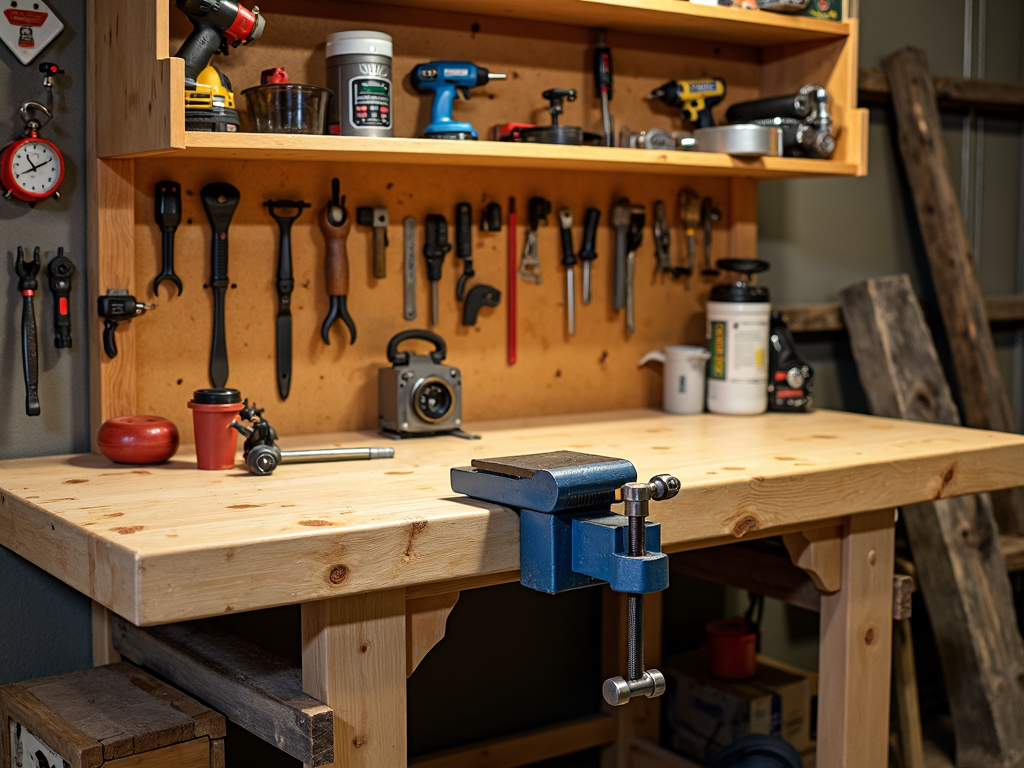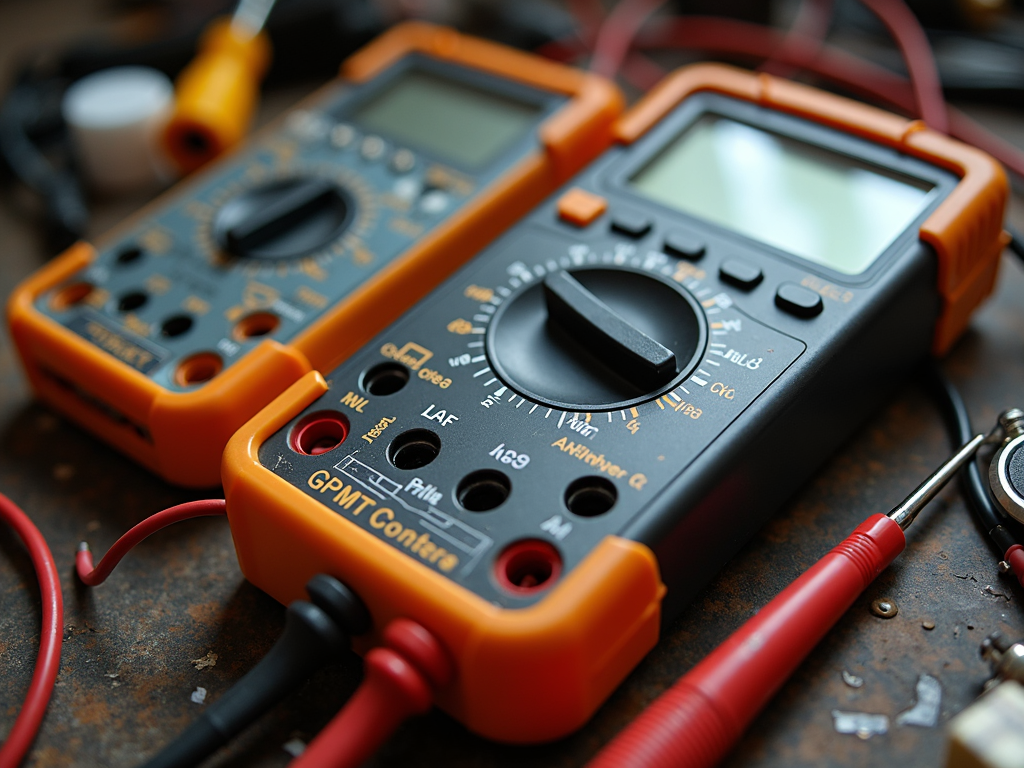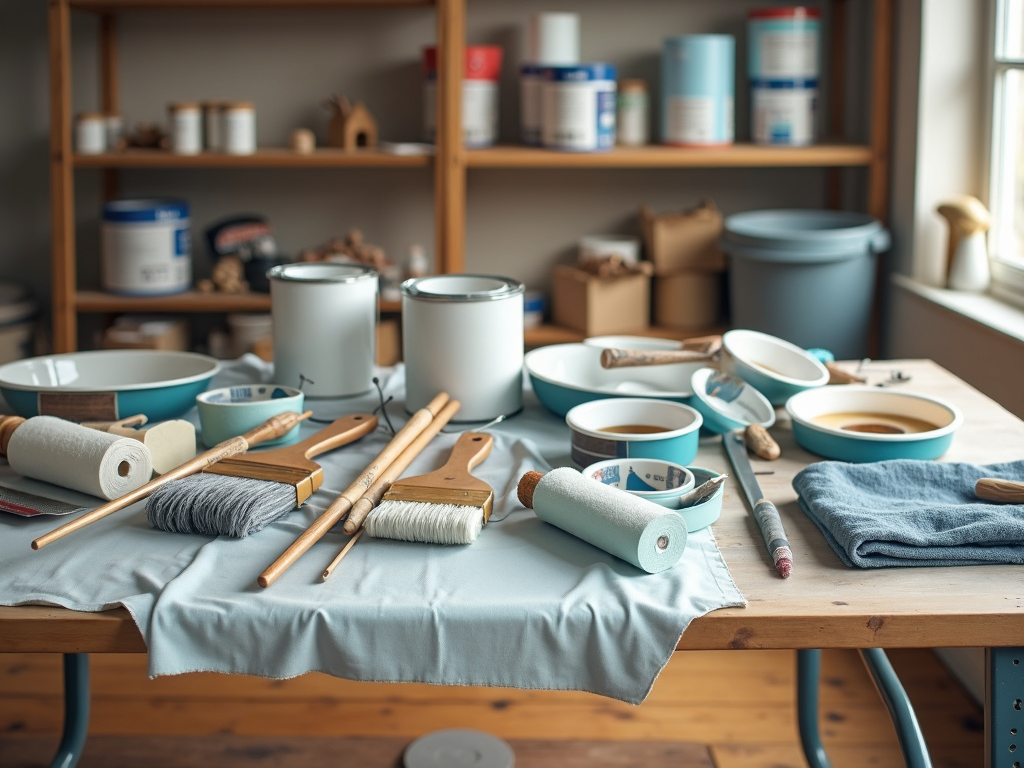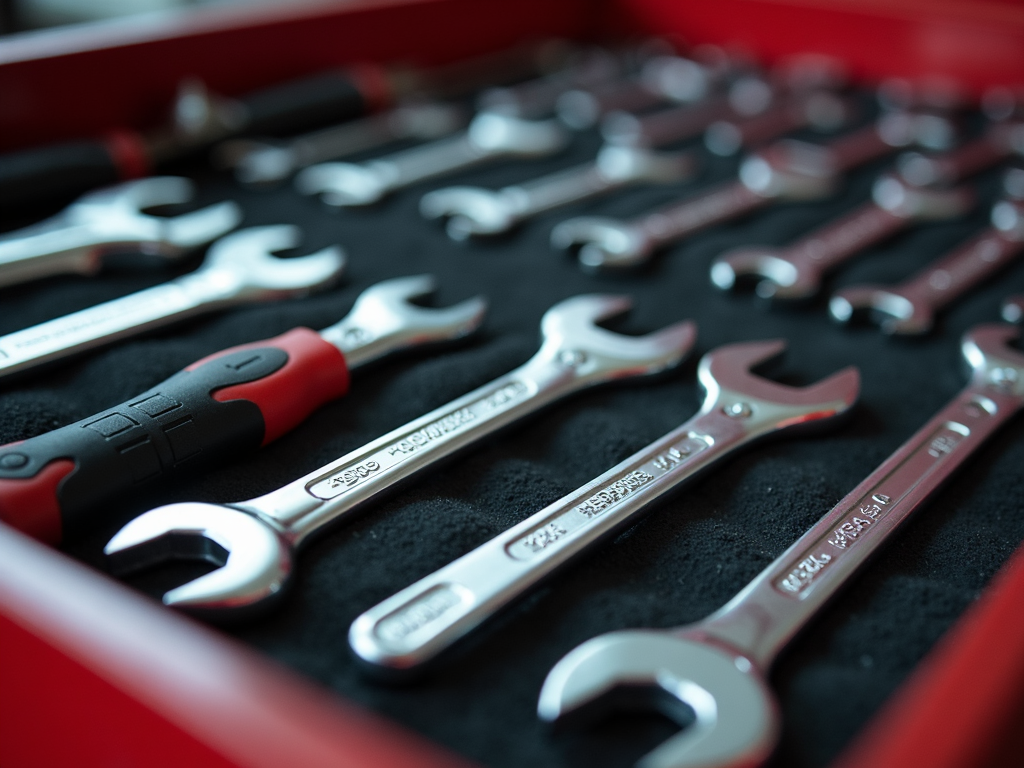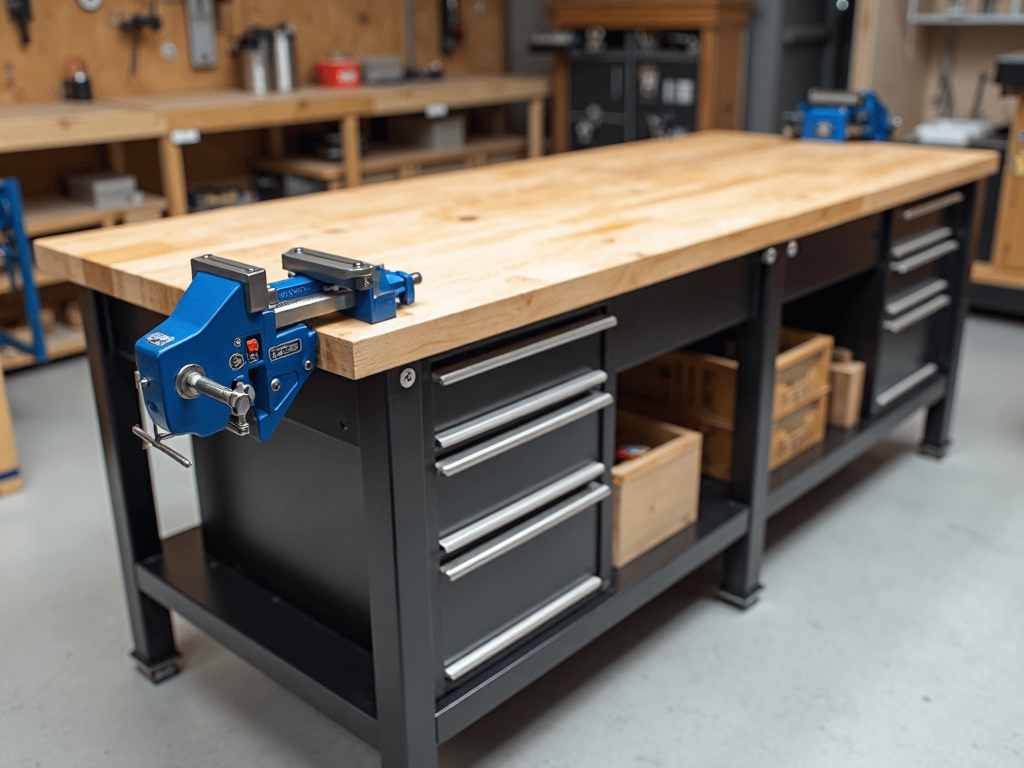Overview: Calibrating your measuring tools is essential for precision and accuracy in any workshop. This guide provides a comprehensive look at maintaining your workshop equipment, ensuring your workman tools perform at their best. From understanding calibration to choosing the right brands, this article covers everything you need to know.
Why Calibration Matters
Calibration is the process of adjusting your measuring tools to ensure they provide accurate readings. Over time, tools like calipers, micrometers, and tape measures can drift from their original settings due to wear and tear. Regular calibration helps maintain precision, which is crucial for any project, whether you're a professional or a DIY enthusiast.
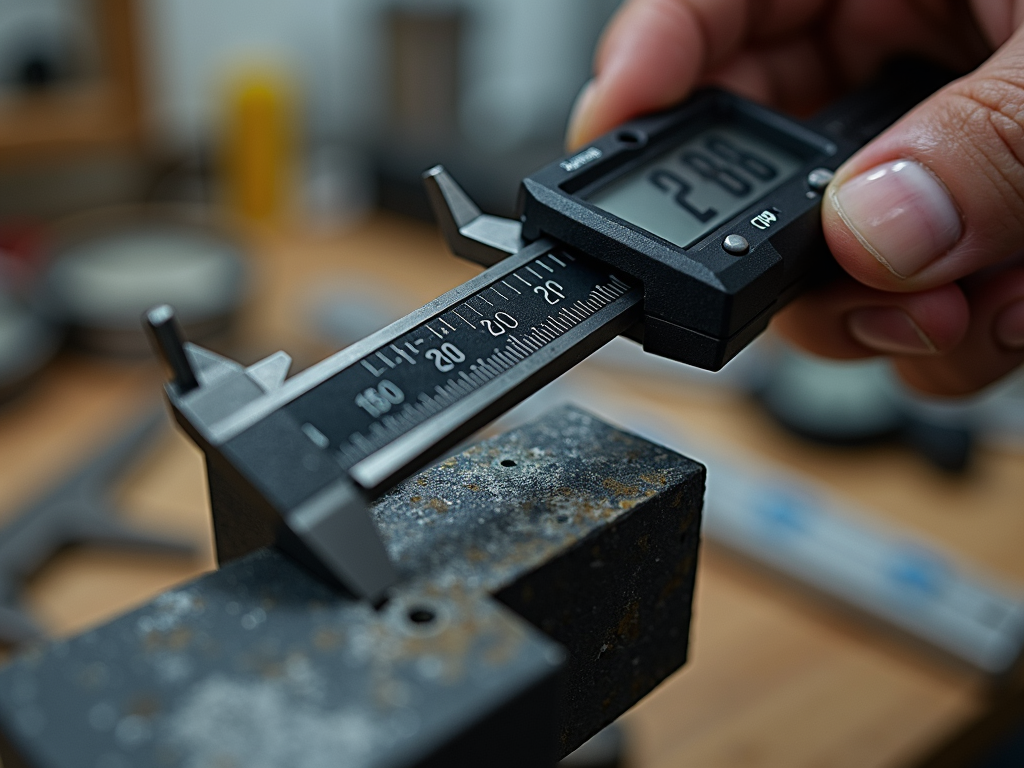
How to Calibrate Common Measuring Tools
Calipers
Calipers are versatile tools used for measuring distances and dimensions. To calibrate a caliper:
- Clean the tool: Wipe the jaws and the scale with a soft cloth.
- Check zero setting: Close the jaws and ensure the reading is zero. If not, adjust the zero setting.
- Use a calibration block: Measure a known standard and adjust if necessary.
Micrometers
Micrometers are used for precise measurements. Calibration steps include:
- Clean the anvil and spindle: Use a lint-free cloth.
- Check zero point: Close the micrometer and ensure it reads zero.
- Use gauge blocks: Measure standard gauge blocks and adjust if readings are off.
Tape Measures
Tape measures are essential for larger measurements. To check accuracy:
- Inspect the tape: Look for kinks or damage.
- Compare with a known standard: Measure a known distance and check if the tape reads correctly.
- Adjust the hook: If the end hook is loose, it can affect accuracy. Tighten or replace if necessary.
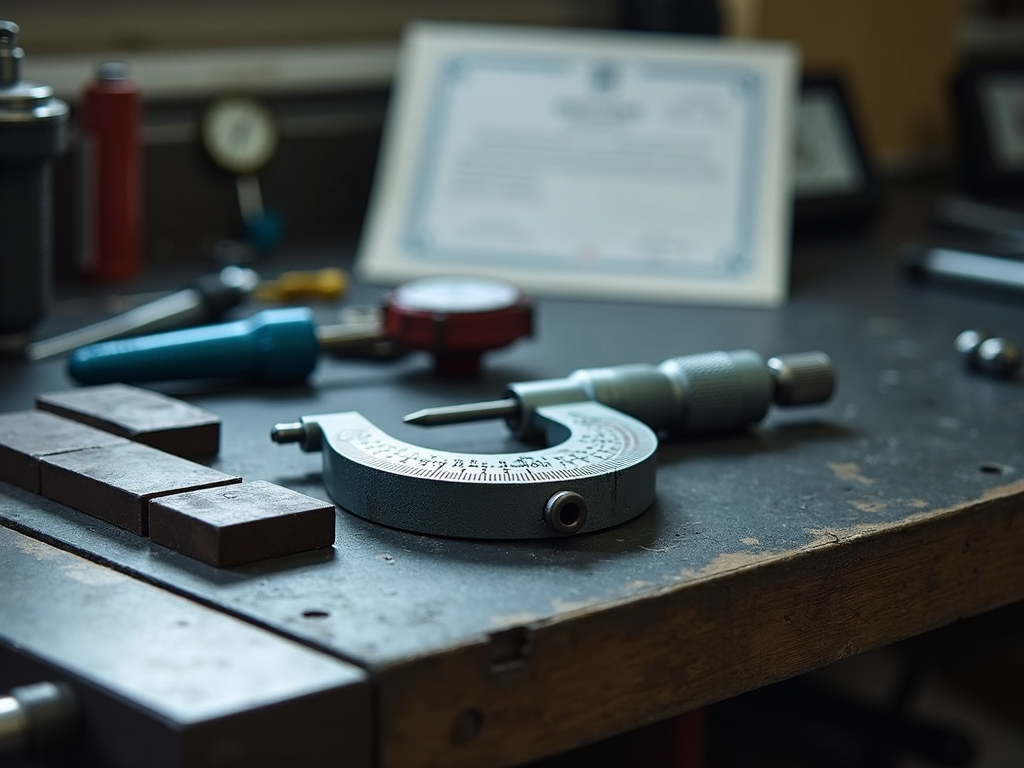
Popular Brands for Workman Tools
Choosing the right brand for your measuring tools can make a significant difference in quality and durability. Here are some popular brands known for their precision and reliability:
- Mitutoyo: Renowned for high-precision measuring instruments.
- Starrett: Offers a wide range of measuring tools with excellent accuracy.
- Fowler: Known for affordable yet reliable tools.
- Brown & Sharpe: A trusted name in precision measurement.
These brands are widely used in professional workshops and are recommended for their consistent performance.
Workshop Equipment Maintenance Tips
Maintaining your workshop equipment goes beyond calibration. Here are some additional tips to ensure your tools last longer and perform better:
- Regular Cleaning: Dust and debris can affect accuracy. Clean tools after each use.
- Proper Storage: Store tools in a dry, cool place to prevent rust and damage.
- Lubrication: Apply a light oil to moving parts to keep them functioning smoothly.
- Inspection: Regularly inspect tools for wear and tear. Replace parts or tools as needed.
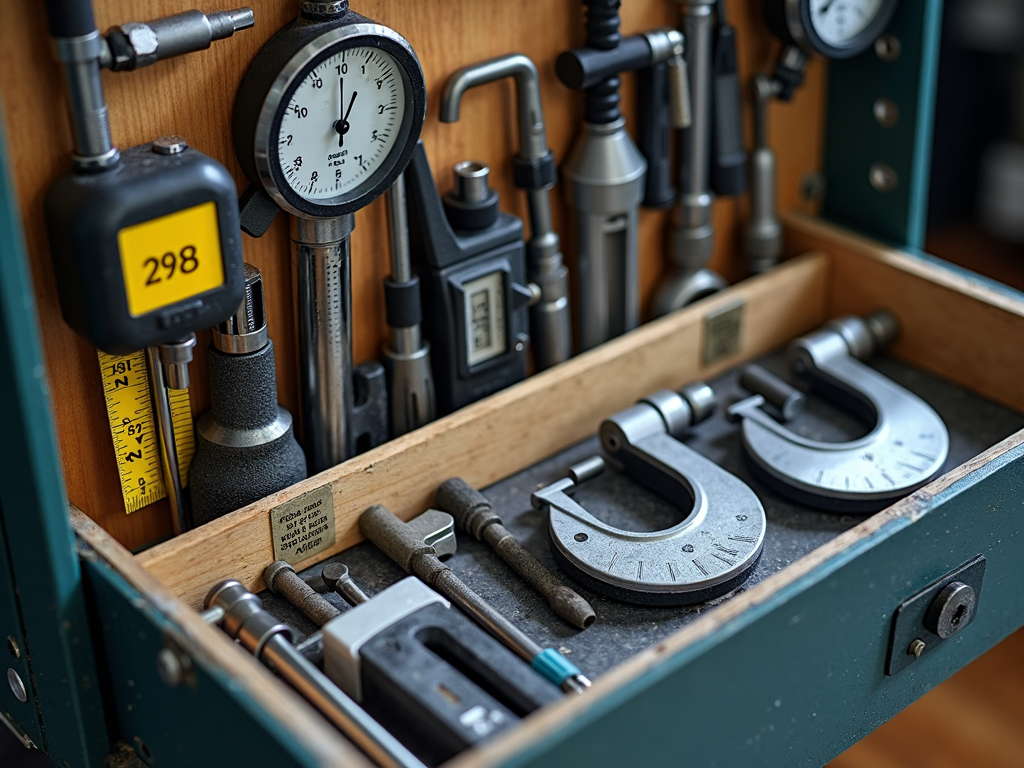
The Importance of Calibration in Different Industries
Calibration is not just for workshops; it's crucial in various industries:
- Manufacturing: Ensures products meet specifications.
- Aerospace: Critical for safety and performance.
- Automotive: Maintains precision in engine and component manufacturing.
- Healthcare: Ensures medical devices provide accurate readings.
According to the National Institute of Standards and Technology (NIST), regular calibration is essential for maintaining measurement accuracy across industries.
DIY Calibration vs. Professional Services
While some calibration can be done at home, professional calibration services offer several advantages:
- Expertise: Professionals have the knowledge and tools for precise calibration.
- Certification: Provides documentation of calibration, which is often required in professional settings.
- Time-Saving: Frees up your time to focus on other tasks.
However, for hobbyists and small workshops, DIY calibration can be sufficient with the right tools and knowledge.
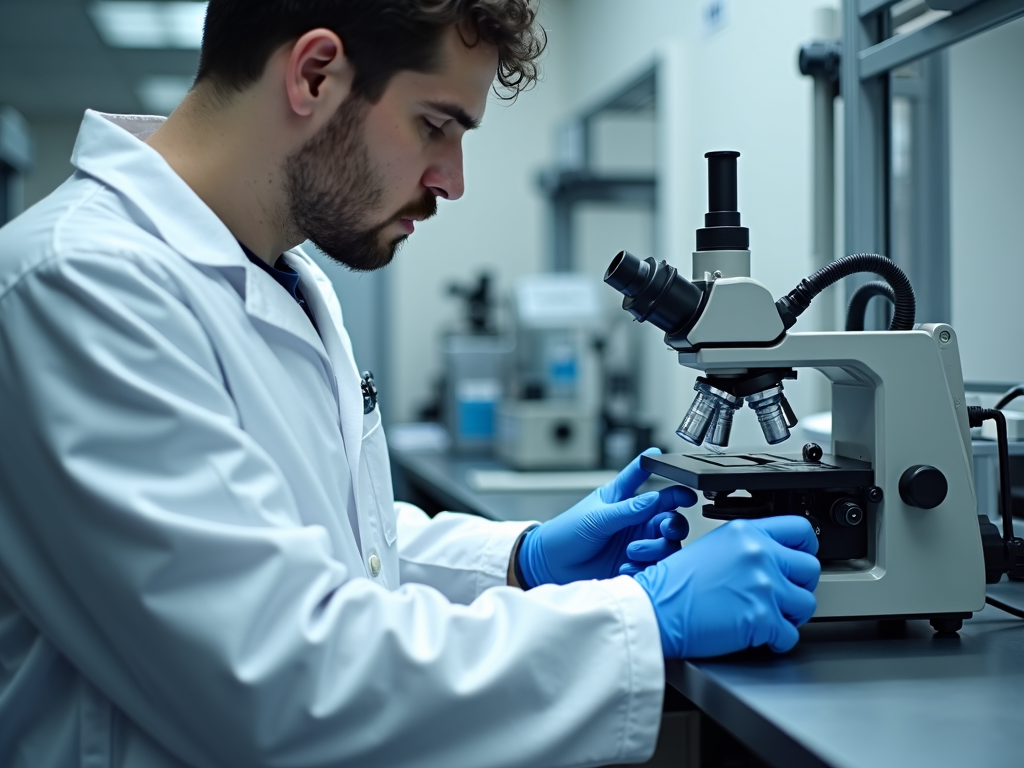
Tools Needed for Calibration
To calibrate your measuring tools, you'll need:
- Calibration blocks or standards: These are precision-made objects with known dimensions.
- Cleaning supplies: Soft cloths, alcohol wipes, and brushes.
- Adjustment tools: Small screwdrivers or wrenches for making adjustments.
- Magnifying glass: For inspecting small parts and readings.
Investing in these tools can help you maintain your equipment effectively.
Common Mistakes to Avoid
When calibrating your tools, avoid these common mistakes:
- Skipping regular calibration: Even if tools seem accurate, regular checks are necessary.
- Using damaged standards: Ensure your calibration blocks are in good condition.
- Ignoring environmental factors: Temperature and humidity can affect measurements.
- Over-tightening adjustments: This can damage the tool or affect accuracy.
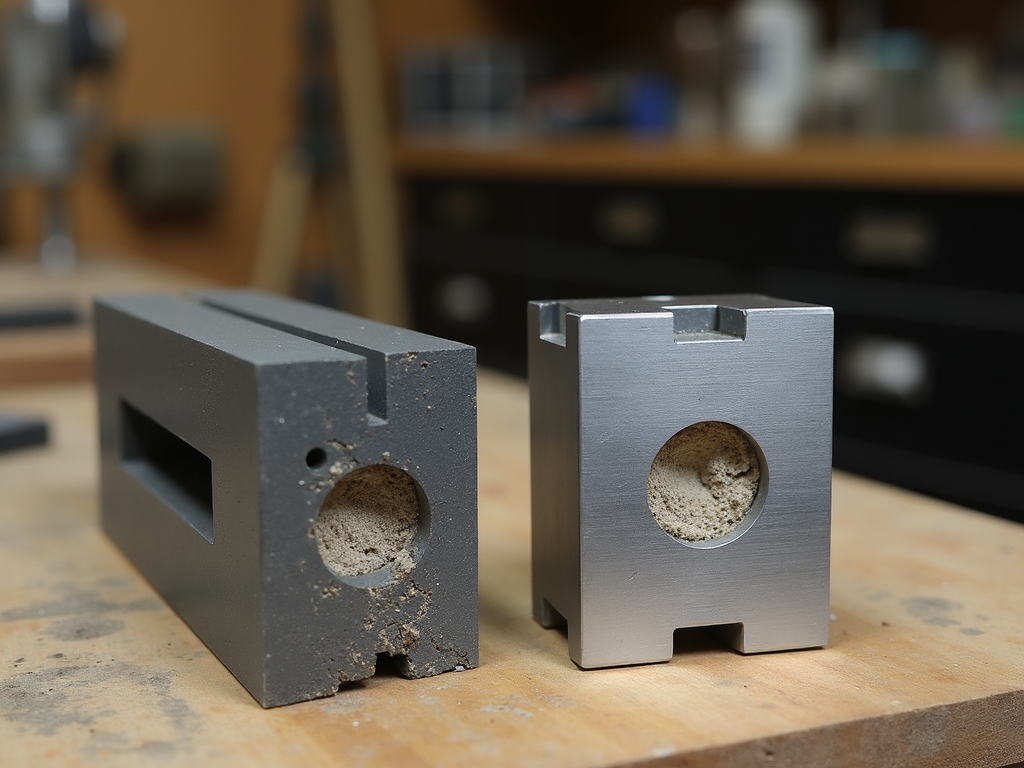
Summary
Calibrating your measuring tools is a critical aspect of workshop equipment maintenance. By following the steps outlined in this guide, you can ensure your tools remain accurate and reliable. Remember to choose quality brands, maintain your tools regularly, and consider professional calibration services for the best results. For more in-depth information, check out the recommended readings below.
Related Calibrating Your Measuring Tools:
- DIY Garage Organization Ideas for Small Spaces
- Essential Woodworking Tools for DIY Enthusiasts
- Essential Power Washer Maintenance Tips for Longevity
- The Evolution of Plumbing Tools and Techniques
- Safety Tips for Using Wrenches Effectively
- Corded vs. Cordless Drills: Which Is Right for You?
- Top Features to Look for in a Workbench: A Comprehensive Guide
- How to Pick the Right Multimeter for You
- Painting Like a Pro: Essential Tools and How to Care for Them
- The Ultimate Guide to Choosing the Right Wrench for Every Job
- Comprehensive Guide to Tool Maintenance and Care Tips
- The Evolution of Workbenches: From Basic to Advanced Designs

